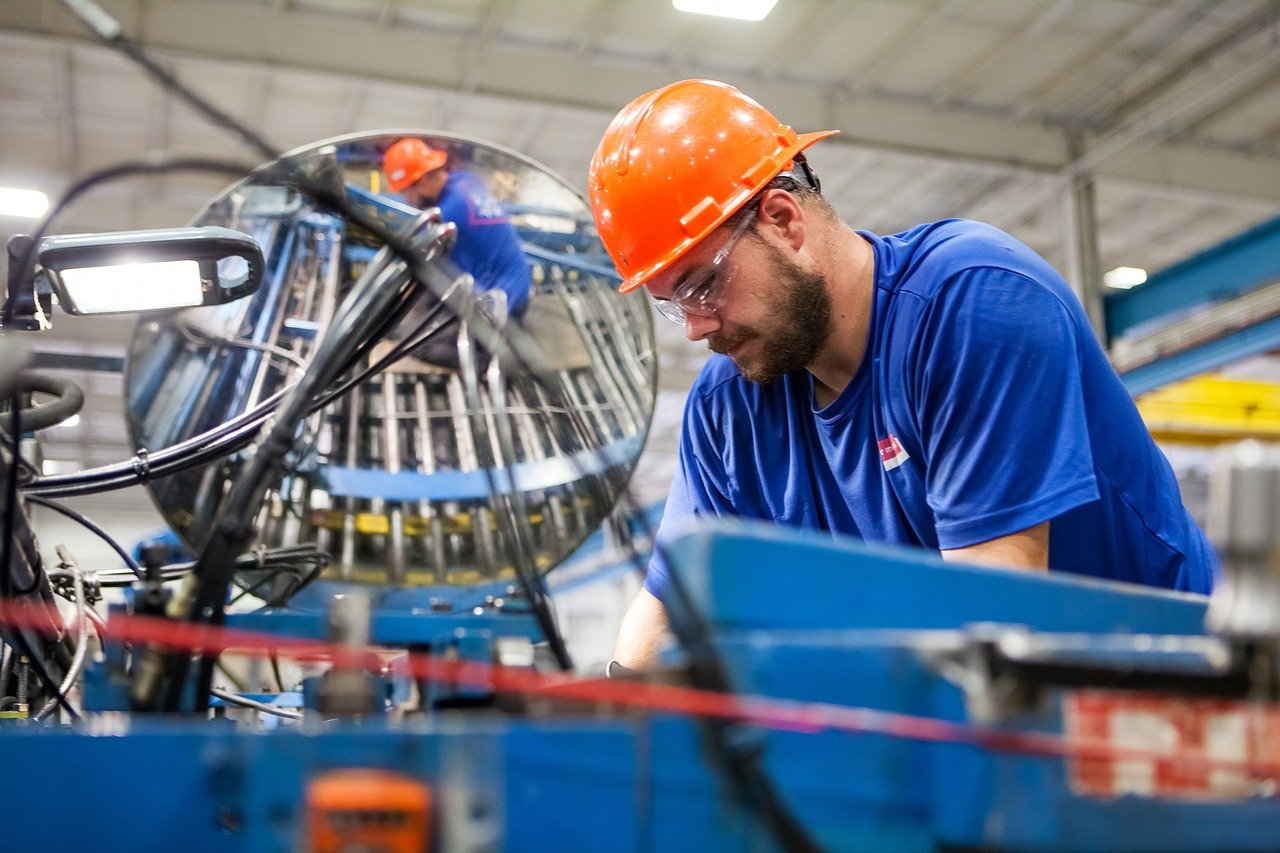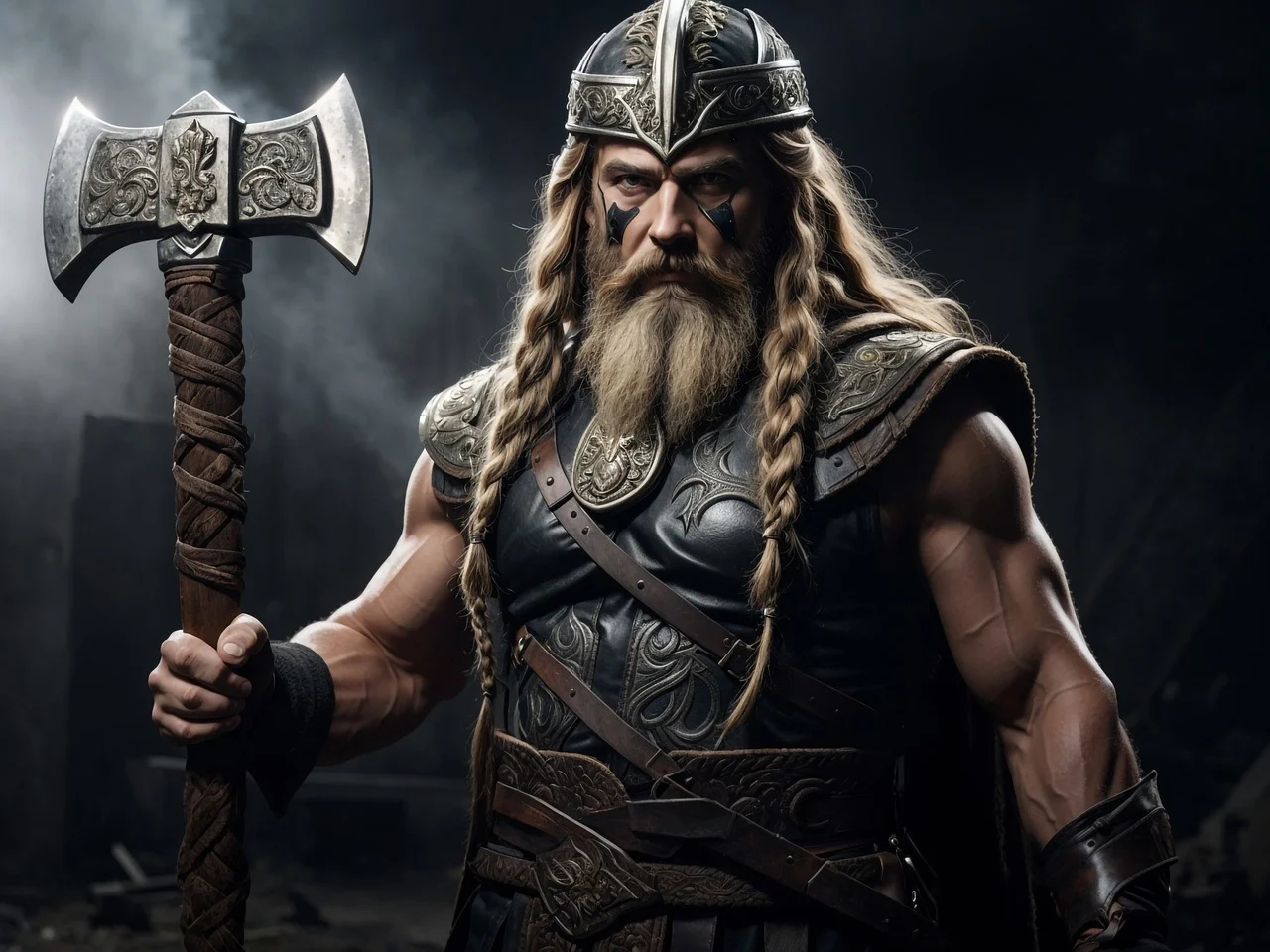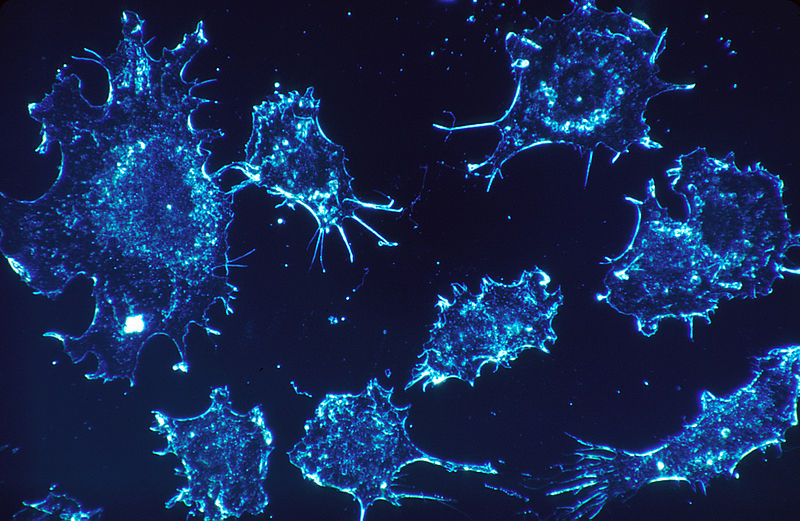Electricians play an essential role in our modern society, ensuring the safe and effective delivery of electricity to homes, businesses, and public buildings. But did you know that there are different types of electricians who specialize in different areas? In this article, we will explore the diverse roles and specializations of electricians, including residential electricians, commercial electricians, and multi-unit electricians.
Residential Electricians
Residential electricians are the most common type of electricians and are responsible for installing and maintaining electrical systems in homes. They install and repair electrical wiring, outlets, and switches, as well as lighting fixtures, ceiling fans, and other electrical appliances. They also ensure that the electrical system is up to code and meets all safety regulations.
In addition to installation and maintenance, residential electricians also provide emergency repair services. They are trained to identify and troubleshoot electrical problems, such as power outages, faulty wiring, and electrical shocks. They use specialized equipment to diagnose and repair these issues quickly and efficiently, ensuring the safety of the homeowner.
Explore combination welding, wherein electricians also undertake significant roles in large-scale projects, such as orchestrating the installation of electrical systems in new multi-unit buildings or the renovation of existing ones.
Commercial Electricians
Commercial electricians specialize in the installation and maintenance of electrical systems in commercial buildings, such as offices, retail stores, and factories. They are responsible for ensuring that the electrical system is up to code and meets all safety regulations. They install and repair electrical wiring, outlets, and switches, as well as lighting fixtures, security systems, and other electrical appliances.
Commercial electricians also work on large-scale projects, such as the installation of electrical systems in new buildings or the renovation of existing ones. They work closely with architects, engineers, and contractors to ensure that the electrical system is designed and installed properly.
Multi-Unit Electricians
Multi-unit electricians specialize in the installation and maintenance of electrical systems in multi-unit buildings, such as apartment complexes and condominiums. They are responsible for ensuring that each unit has a safe and reliable electrical system. They install and repair electrical wiring, outlets, and switches, as well as lighting fixtures, intercom systems, and other electrical appliances. Multi-unit electricians also work on large-scale projects, such as the installation of electrical systems in new multi-unit buildings or the renovation of existing ones. They work closely with property managers and contractors to ensure that the electrical system is designed and installed properly.
Industrial Electricians
Industrial electricians work in industrial settings, such as factories, mines, and power plants. They are responsible for designing, installing, and maintaining complex electrical systems that are critical to the operation of these facilities. Industrial electricians work on a range of tasks, including wiring and installing electrical equipment, maintaining electrical systems, and troubleshooting and repairing electrical problems. They must be familiar with industrial-grade electrical systems, including high-voltage systems and electrical controls. They must also be able to work safely in hazardous environments, such as confined spaces and areas with heavy machinery.
Electrical Engineers
Electrical engineers design and develop electrical systems and components, from small electronics to large power grids. They work on a range of tasks, including designing new electrical systems, testing and evaluating existing systems, and developing new technologies. Electrical engineers must have a deep understanding of electrical theory and be able to use complex mathematical and scientific principles to solve problems. They work closely with other professionals, such as computer engineers and software developers, to integrate electrical systems with other technologies.
Renewable Energy Technicians
Renewable energy technicians are electricians who specialize in working with renewable energy sources, such as solar and wind power. They are responsible for designing, installing, and maintaining renewable energy systems in residential, commercial, and industrial settings. Renewable energy technicians must be familiar with the specific technologies used in renewable energy systems, as well as the local regulations and safety standards that apply to these systems. They also need to work closely with other professionals, such as engineers and architects, to integrate renewable energy systems with other building systems.
Electrical Inspectors
Electrical inspectors are responsible for ensuring that electrical systems in buildings and other structures are safe and up to code. They work in a range of settings, including residential, commercial, and industrial properties, as well as government buildings and public facilities. Electrical inspectors must be familiar with local building codes and safety standards, as well as the specific electrical systems used in different types of buildings. They also need to have a strong understanding of electrical theory and be able to identify and diagnose electrical problems. Electrical inspectors typically work for government agencies or private inspection firms.
Master Electricians
Master electricians are experienced electricians who have obtained a master electrician license. To become a master electrician, an electrician must have several years of experience working as a journeyman electrician and pass a master electrician exam.
Master electricians are responsible for overseeing electrical projects, managing teams of electricians, and ensuring that all electrical work is done correctly and safely. They also work closely with other professionals, such as architects and engineers, to design and install electrical systems in large commercial and industrial properties.
Conclusion
Electricians play a crucial role in our society, ensuring that we have access to safe and reliable electricity. Residential electricians, commercial electricians, and multi-unit electricians each have their own specialized areas of expertise. Within each trade, there are also specialized roles, such as those who work on renewable energy systems or home automation systems.
If you are in need of electrical services, it is important to choose an electrician who has the expertise and experience to handle your specific needs. Whether you need a residential electrician to install a new lighting fixture or a commercial electrician to design and install a large-scale electrical system, there is an electrician out there who can help you.







